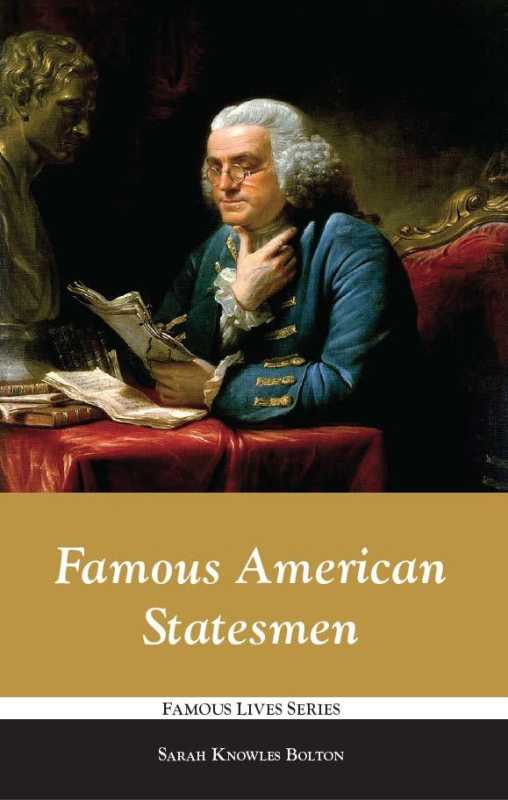People
John McCain: An Indomitable Statesman and American Hero

Table of Contents
- Introduction
- Early Life and Military Service
- Political Career and Achievements
- Legacy and Impact
- Key Takeaways
- Fun Facts
- Frequently Asked Questions
Introduction
John McCain was a highly revered and influential American politician known for his unwavering dedication to public service, exceptional military career, and commitment to bipartisan work. Born on August 29, 1936, in Coco Solo, Panama Canal Zone, he went on to establish himself as one of the most prominent figures in American politics, serving as a United States Senator from 1987 until his death on August 25, 2018.
Early Life and Military Service
McCain had an impressive military background. He came from a family with a strong tradition of military service, with his father and grandfather both serving as United States Navy Admirals. Following in their footsteps, McCain attended the United States Naval Academy, where he graduated in 1958.
Key takeaway: John McCain’s early life was marked by a strong sense of duty and a commitment to serving his country.
McCain’s military career took a significant turn during the Vietnam War. In 1967, he volunteered for combat duty and was deployed as a Navy pilot. His courage and resilience were tested in October 1967 when his aircraft was shot down over Hanoi, resulting in his capture and subsequent imprisonment at the infamous “Hanoi Hilton” prison camp for over five years.
Despite enduring brutal torture and deprivation, McCain refused early release, remaining imprisoned as a testament to his loyalty and integrity. He was finally released in 1973 as part of the Paris Peace Accords, after which he returned to the United States as a highly decorated war hero.
Political Career and Achievements
After retiring from the Navy, McCain embarked on a political career that would span over three decades. He was first elected to Congress in 1982 as a Representative from Arizona’s 1st congressional district. In 1986, he successfully ran for the United States Senate, a position he held until his passing in 2018.
Key takeaway: John McCain’s political career was characterized by his commitment to bipartisan collaboration and his willingness to challenge his own party when necessary.
Throughout his political career, McCain gained a reputation as a maverick, often bucking party lines and advocating for policies he believed would be beneficial for the American people. He was known for his strong support of campaign finance reform, his efforts to improve veterans’ healthcare, and his dedication to a strong national defense.
Additionally, McCain ran for the presidency in 2000, losing the Republican nomination to George W. Bush, and again in 2008, when he secured the nomination but ultimately lost the general election to Barack Obama. Despite his presidential election loss, his influence and impact on American politics remained significant.
Legacy and Impact
John McCain left behind a lasting legacy in American politics and beyond. His unwavering commitment to principle and his willingness to reach across the aisle earned him respect and admiration from both sides of the political spectrum. He became a symbol of integrity, honor, and dignity in the face of adversity.
McCain’s early life and military service, combined with his extensive political career, shaped him into a highly respected statesman with a strong moral compass. His legacy continues to inspire future generations of public servants to prioritize country over party.
Key takeaway: John McCain’s legacy is one of courage, patriotism, and bipartisanship.
Fun Facts about John McCain
1. John McCain was a prisoner of war for over five years during the Vietnam War.
2. He earned a Silver Star, a Bronze Star, the Legion of Merit, the Purple Heart, and the Distinguished Flying Cross for his military service.
3. McCain authored several books, including “Faith of My Fathers” and “The Restless Wave.”
4. He was an avid supporter of the Arizona Diamondbacks and was instrumental in bringing Major League Baseball to Arizona.
Frequently Asked Questions
Q: What political party did John McCain belong to?
A: John McCain was a member of the Republican Party.
Q: Did John McCain ever become President of the United States?
A: No, John McCain ran for president in 2000 and 2008 but was unsuccessful in securing the position.
Q: What was John McCain’s stance on campaign finance reform?
A: McCain was a staunch advocate for campaign finance reform and co-authored the Bipartisan Campaign Reform Act (McCain-Feingold Act) in partnership with Senator Russ Feingold.
Q: How did John McCain pass away?
A: John McCain passed away on August 25, 2018, after battling glioblastoma, an aggressive form of brain cancer.
In conclusion, John McCain will be remembered as an indomitable statesman, a war hero, and a champion of bipartisan collaboration. His integrity, courage, and commitment to public service continue to serve as an inspiration for future generations. Whether it was his military service or his impactful political career, McCain’s contributions to the nation remain significant, leaving a lasting legacy that will be celebrated for years to come.












